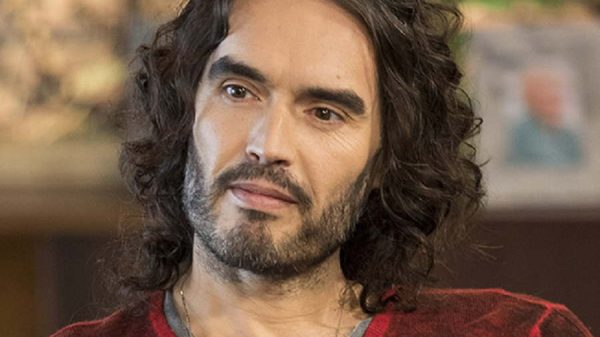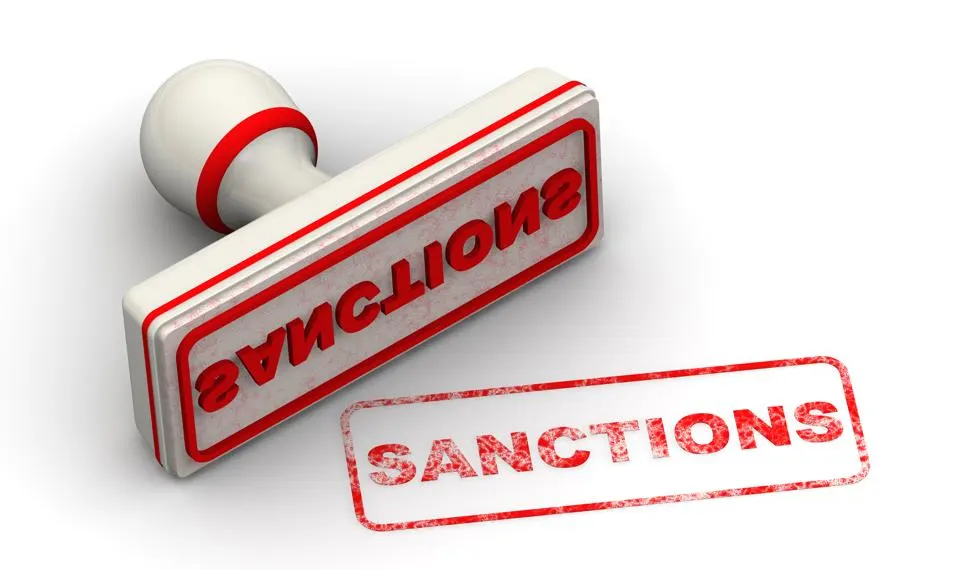There is no question that Europe’s reaction to Russia’ invasion of Ukraine called for a unified response from the bloc as it sought to establish itself as a moral force in world politics. However, as the European Union is finalizing its 12th package of sanctions against Russia this month, the lingering question is whether the previous 11 packages are “working as intended” or EU policymakers may have been too hasty in introducing some of them.
While the logic of some sanctions was apparently to hurt Russian leadership (and the country’s economy and citizens by extension) for their aggression against the neighbouring country and is quite clear and consistent, others may seem like a proverbial case of throwing baby out with the bathwater. By design, the sanctions are supposed to achieve specific goals by adding economic, financial, and political pressure on entities and individuals. What appears to be missing is a clear-cut exit strategy once the goals are achieved or it becomes clear that they can’t be achieved. In addition, as sanctioned individuals have discovered, there is no defined mechanism to successfully appeal their inclusion.
The case in point are the so-called “Russian oligarchs.” Even if the agree with the flawed logic that the country’s richest people and owners of its biggest companies must be held responsible for the actions of their government, it is nearly impossible to justify addition to the sanctions list of top managers, essentially paid employees, whose real influence on the Russian economy, not to mention the policies of the country’s leadership, is very limited at best. However, both groups have been essentially lumped together as “oligarchs”, or people with significant sway in Russian corridors of power. Needless to say, this term is controversial, ill-defined and makes no sense from a legal standpoint: after all, when does one stop being a “wealthy individual” and become an “oligarch”? And “once an oligarch, always an oligarch”?
The European Union appears to have realized the weakness of this reasoning and recently, since September, stopped using the word “oligarch” in its sanctions vocabulary and is now relying on a vague term that has not been tainted by years of over-use in the Western media in its coverage of Russia – “a leading businessperson”. This may work better as a catch-all term, but still fails to explain the inherent logic of punishing senior management or board members of certain companies. If the idea, as the EU policymakers appeared to be thinking in February 2022, was that wealthy businessmen were by definition Kremlin insiders and could force President Vladimir Putin to reverse his course on Ukraine, the last 20 months have proven it utterly wrong.
For example, the EU imposed sanctions on virtually all billionaires as well as top executives who met with President Putin on February 24, 2022, in the wake of Russia’s invasion of Ukraine. How participation in that meeting signified one’s support of the Kremlin’s Ukraine policies or ability to meaningfully impact Putin’s decisions remains a mystery and the EU never really spelt it out. Furthermore, the sanctions designations appear to not reflect a person’s ability to influence Russian government policies in any shape or form – ultimately defeating the sanctions’ very purpose.
There is a so far tiny, but growing list of Russian businessmen that managed to prove to Western regulators that sanctions against them must be lifted precisely because of their lack of real influence. For example, on September 14, the EU did not renew sanctions against Alexander Shulgin, the former CEO of Ozon, Russia’s biggest e-commerce company, as he proved in EU court that he stopped being a “leading businessperson” after stepping from his role in the company last year. On the same day, EU sanctions were also not renewed against prominent businessmen Farkhad Akhmedov and Grigory Berezkin. This is just a tiny trickle as dozens of Russian nationals are still in litigation.
Many of Russia’s “leading businesspeople”, like Dmitry Konov of petrochemical company Sibur Tigran Khudaverdyan of IT giant Yandex or Vladimir Rashevsky of fertilizer maker Eurochem, were, like Shulgin, essentially sanctioned because they represented their corporations at the ill-fated February 2022 meeting with President Putin. And even though they have since stepped down from their roles, they still remain on the sanctions list.
Does it imply that sanctions are ”for life” and no matter what you do you’d be under EU restrictions once you’d been added to the list? If one is specifically sanctioned for heading a company that, according to EU policymakers, is central to the Russian economy or somehow contributes to the Kremlin’s war efforts in Ukraine, shouldn’t resigning from that company automatically trigger removal from the sanctions list? This seems logical, but as example of people like Yandex’s Khudaverdyan or Sibur’s Konov shows, this is not how it works as people are still kept sanctioned over a year and a half since resigning from their roles.
This lack of a clear correlation between one’s current role or actual influence and the lifting of sanctions is worrying and calls into question EU’s consistency and logic, while possibly making its action legally indefensible. There is little gain from continuing to punish people after they stepped down from roles that led to them being sanctioned. What is needed is a clear roadmap spelling out how one can get off the sanctions list. Existing, so far very limited, court practice offers little clues.
While the punishment is more than real, hurting the sanctioned individuals’ careers and reputations in the global business community and cutting access to their assets around the world, there appears to be limited, if any, analysis of whether sanctioning a specific individual can help achieve the stated goals of EU politicians – that is, changing Russia’s Ukraine policies and undermining the Kremlin’s ability to wage war.




















